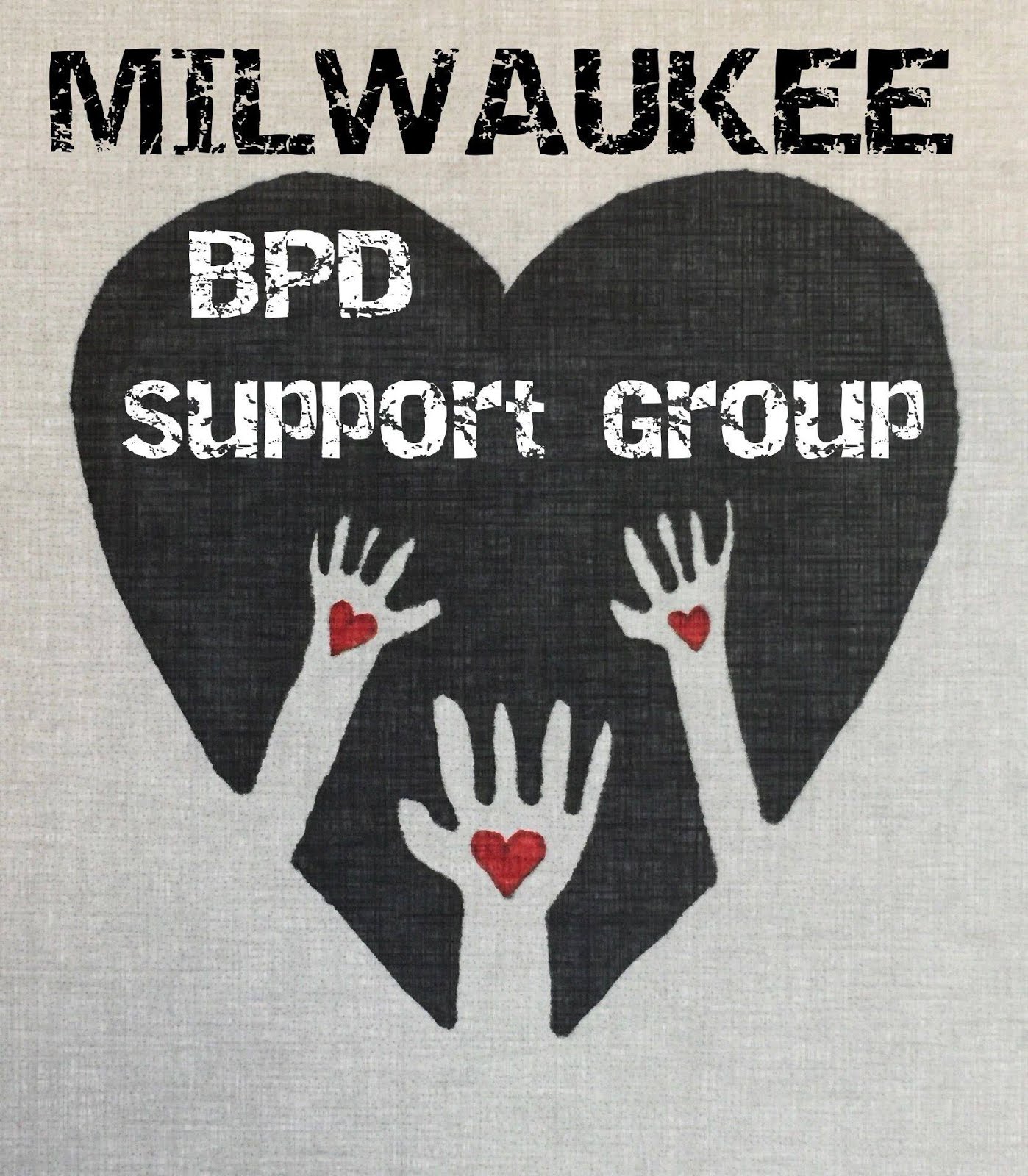Mental Health Stigma and the role Religion Plays By Amber Joy Kostecki Mental Health Stigma is when someone views a person in a negative way just because they have a mental health condition, and nine out of ten people with a mental illness feel that stigma and discrimination negatively impact their lives. Borderline Personality Disorder , or BPD, is one of the most stigmatized mental illnesses in existence. BPD is characterized by emotion dysregulation, impulsivity, unstable relationships, and an ever-shifting sense of self. Although it is not well-understood, BPD is prevalent, with more than 3 million cases diagnosed each year I am one of those cases. I was diagnosed almost five years ago, and like many others, finally felt relief at learning the name for the thing I had been suffering with for nearly a lifetime. After being diagnosed (and still to this day), I spent/spend a lot of time researching BPD and anything and everything about it, as well as mental health
